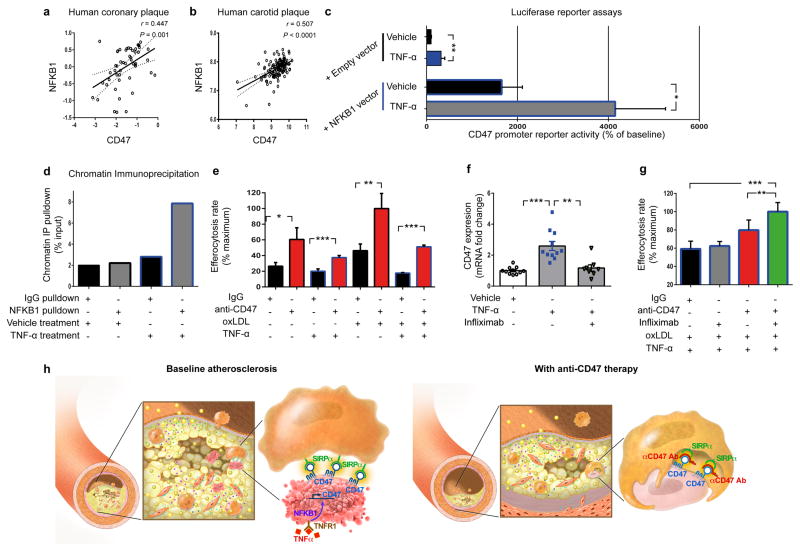Figure 4. TNF-α promotes CD47 expression via NFKB1 and is a translational cardiovascular target.
Co-expression analyses confirm that NFKB1 is significantly correlated with CD47 expression in both human coronary (a) and carotid (b) atherosclerotic plaque. Pearson correlation coefficients were determined assuming a Gaussian distribution and P values were determined using a two-tailed test. (c). Dual luciferase reporter assays reveal that CD47 promoter activity is stimulated in cells treated with TNF-α (top) but that this effect is significantly enhanced in cells co-transfected with an NFKB1 expression vector. (d). Chromatin immunoprecipitation studies confirm significant enrichment of NFKB1 protein on the CD47 promoter in TNF-α-treated human coronary artery SMCs. (e). In vitro efferocytosis assays reveal that anti-CD47 Ab enhances the clearance of cells exposed to TNF-α, and that its pro-efferocytic capacity is enhanced under pro-atherosclerotic conditions. (f). Pretreatment with the anti-TNF-α monoclonal Ab, Infliximab, prevents the upregulation in CD47 mRNA that normally occurs in SMCs exposed to TNF-α. (g). Concomitant inhibition of CD47 and TNF-α using anti-CD47 Ab and Infliximab, respectively, produces synergistic benefit in the clearance of diseased vascular cells as assessed by ANOVA. (h). Putative mechanism explaining why efferocytosis is impaired in cardiovascular disease, and how inhibition of CD47-SIRPα signaling could represent a new therapeutic target. Comparisons made by two-tailed t tests, unless otherwise specified. *** = P < 0.001, ** = P < 0.01, * = P < 0.05. Error bars represent the SEM.

